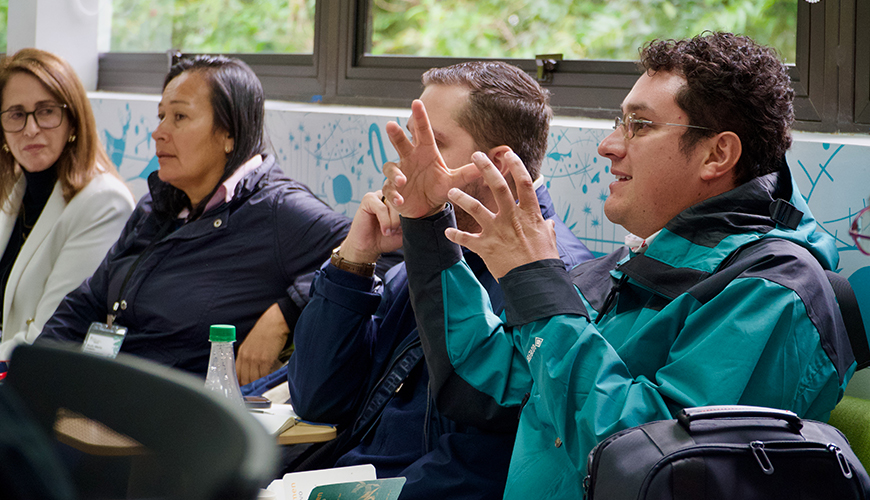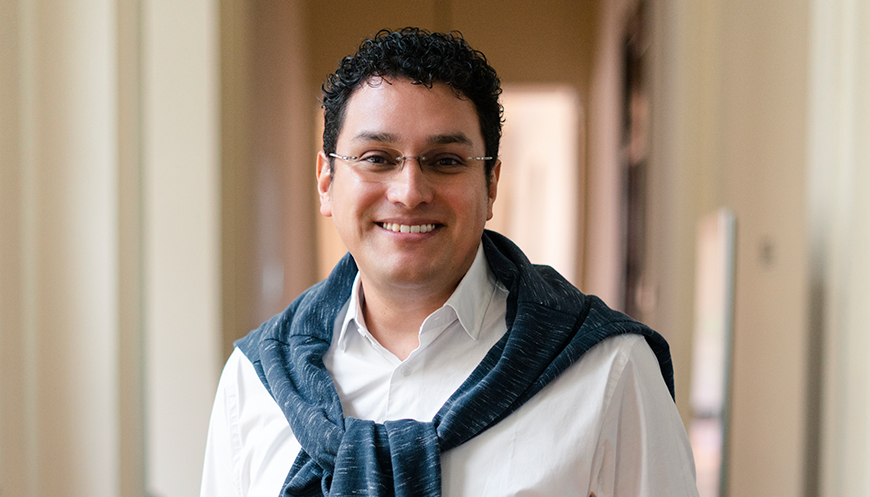A Jesuit priest and member of the local chapter IRI-La Macarena, this Santanderean integrates spirituality and community action to protect the Amazon rainforest. From faith, he promotes a clear message: to take care of the environment is to make peace with nature.
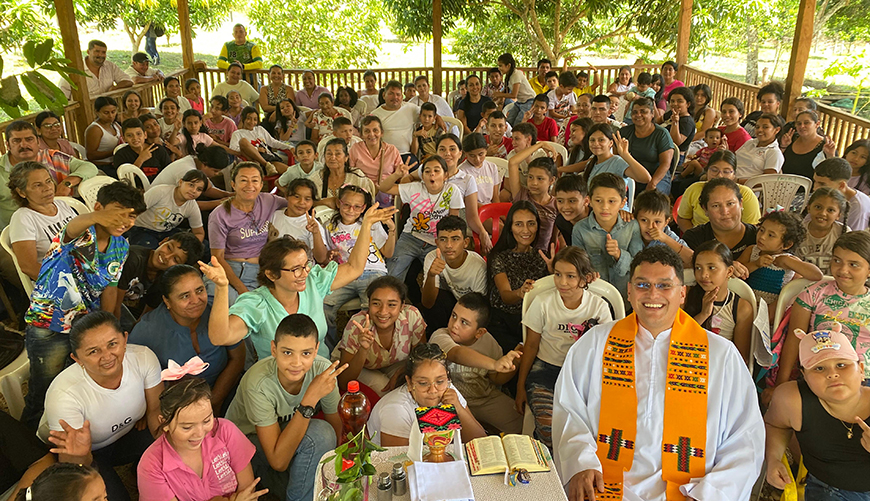
The jungle did not come to Ómar Freddy Pabón by accident. Born in Charta, a peasant municipality in Santander located a few hours from Bucaramanga, his childhood was spent among orchards, streams and an agricultural school. “I grew up in the countryside,” he recalls. There, as an altar boy, an intuition began to take shape that would eventually become a vocation: faith as a concrete way of caring for life.
Years later he studied Theology at the Pontificia Universidad Javeriana in Bogotá and embarked on the priestly path in the Society of Jesus. His pastoral destiny took him to La Macarena, in Meta, a territory that he himself describes as a living crossroads of worlds: where the Andes, Orinoquía and Amazonia converge.
He arrived in 2019 as a deacon, received priestly ordination in 2021 and continued to serve as vicar. Today he accompanies the parish of Our Lady of La Macarena and this region as fragile as it is extraordinary. “It is not just any space,” he stresses; It is a place that forces us to look at the relationship between spirituality and territory with different eyes.
That is, perhaps, the thread that runs through their entire conversation: the conviction that the defense of the forest is not only a technical matter, but an ethical and spiritual commitment. In the language of the Catholic Church, this conviction dialogues with “integral ecology” and with an idea that he repeats naturally – the same one that has marked Pope Francis’ reflection – “everything is connected.” The jungle that regulates rainfall, the families that resist deforestation, the rivers that sustain life, the young people who search for meaning: nothing is isolated.
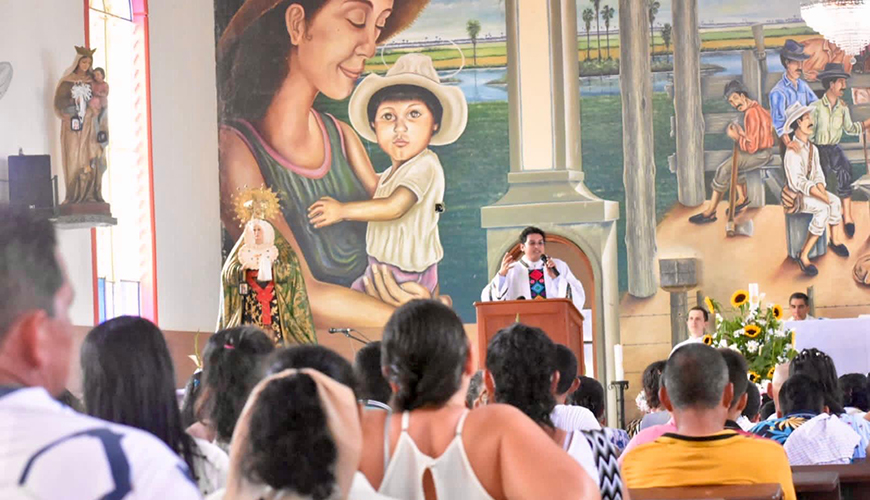
La Macarena offered him an apprenticeship that was both contemplative and practical. Contemplative, because it put him in front of a beauty that is also wounded. “This place is a sign of God,” she says, and immediately lists the risks that cross her: deforestation, forest fires, extensive cattle ranching that corners the jungle, the deterioration of the soil and water.
It has also been a practical learning, because it pushed him to weave alliances, open doors and sit down to dialogue even where there was reluctance. “There is a lot to do, but we can no longer afford not to talk,” he admits.
This is where the Interreligious Initiative for Tropical Forests and its local chapter in La Macarena appear, of which he is an active member. The Jesuit priest stresses that IRI-Colombia has managed to sit at the same table Catholics, evangelical pastors and other expressions of faith without trying to standardize them: “We do not confront the religion of the other; rather, we are in the care of the forest.”
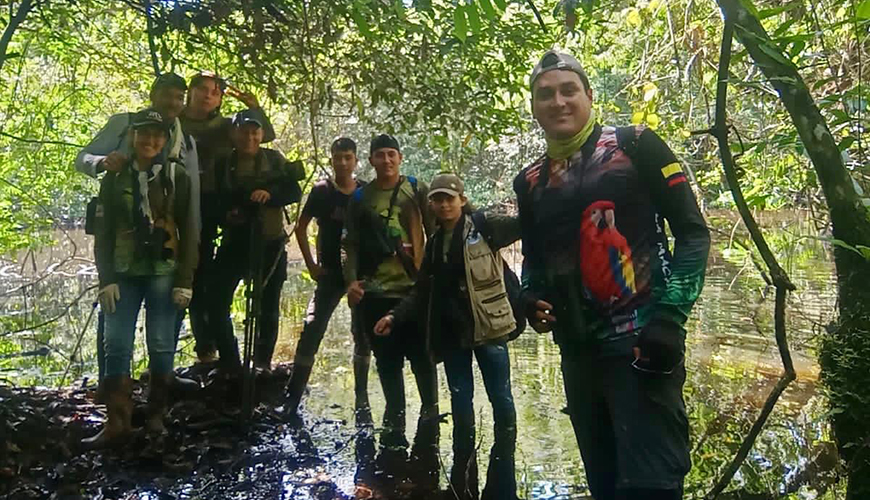
Care, the materialization of faith
From his parish he has worked tirelessly to increase awareness about the protection of the Amazon and has strengthened the idea that political advocacy is born from the territory and is sustained by citizen participation.
The religious leader knows that institutions are present, development plans that are fulfilled, effective control of deforestation and economic alternatives that do not destroy the forest. In his experience, when communities participate and authorities listen, the environmental agenda ceases to be an annex and becomes a priority.
His spirituality comes down to earth when he talks about the concrete tasks: monitoring and restoring springs, preventing burning, reforesting with native species, taking care of water, strengthening local networks and demanding accountability. And also when it stops at what is often overlooked, the place of youth. “The most valuable thing has been to bring young people closer to caring for the environment,” he says. There is hope and continuity there; there can take root an ethic of care that lasts longer than the projects.”
Perhaps that is why his idea of legacy is so simple and demanding at the same time. When asked how he would like to be remembered, he smiles and says, “you leave the trees you leave.” He does not speak of feats, but of that which grows, gives shade, sustains water and life, does not belong to anyone and is everyone’s responsibility. His is a phrase that condenses a peasant life and a Jesuit vocation; that links the past with the future and recalls that faith is also measured in restored hectares, in protected springs, in young people who have been formed.
From La Macarena, Father Ómar Freddy Pabón insists on one certainty: the jungle is not a setting or an infinite resource; it is home. And taking care of it, as he repeats, is not an option: it is the condition of possibility to continue living here.
His commitment is clear: to put those who think differently in conversation, to link faith and science, to open the parish to the territory, to make the word “advocacy” a daily practice. In a region where everything is connected, his ministry is also connected: with the forests, with the water, with the people.
